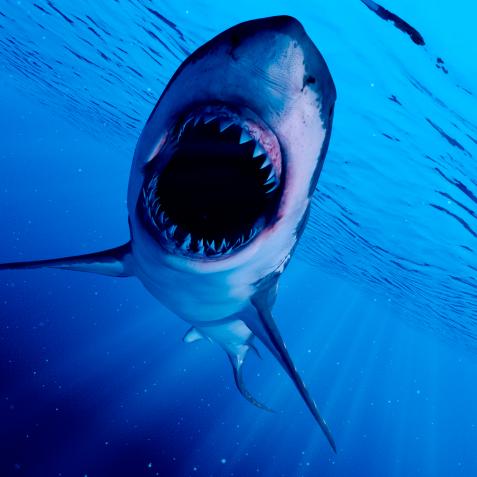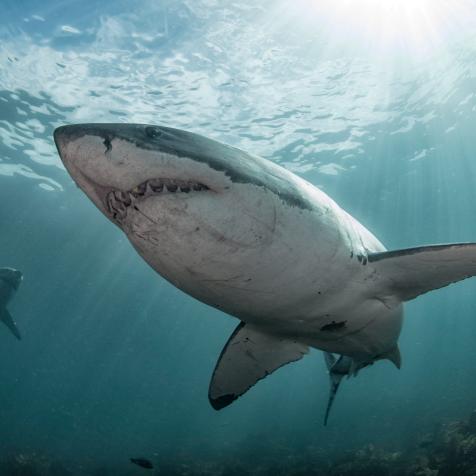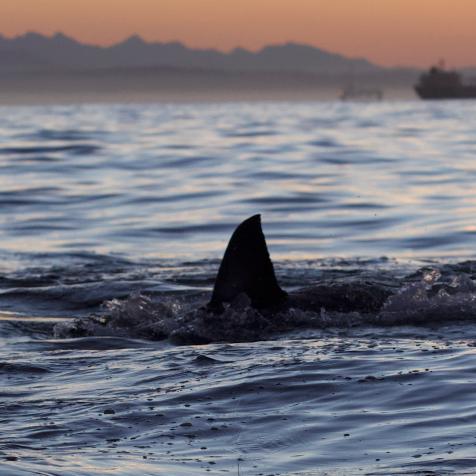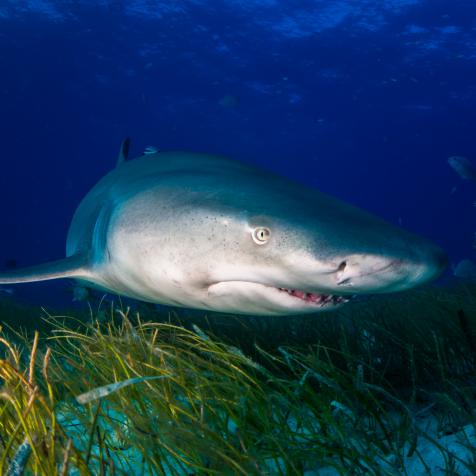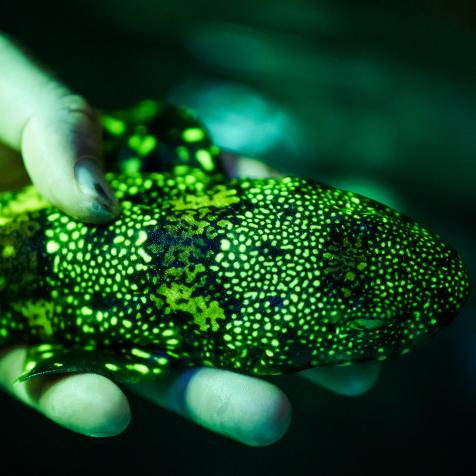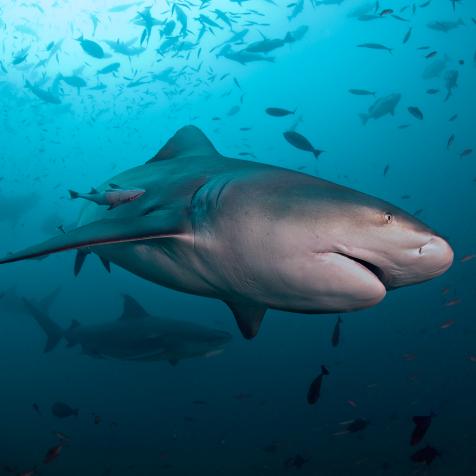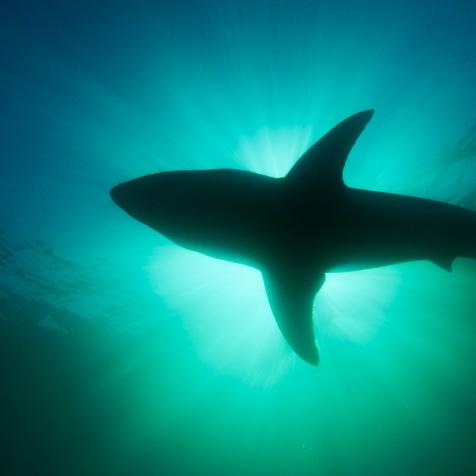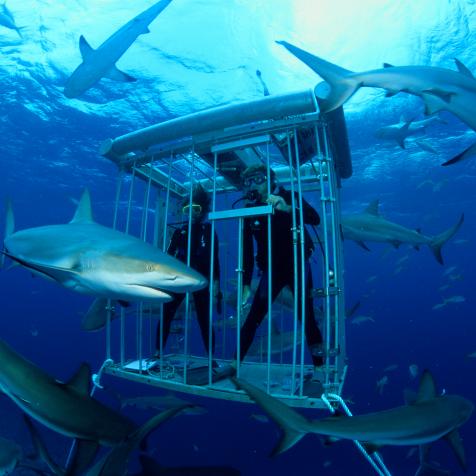
Rod Parker
Robert Irwin Faces Great White Shark for First Time Ever in “Crikey! It’s Shark Week”
Robert Irwin is taking over Shark Week with his very own show, CRIKEY! IT’S SHARK WEEK. Don't miss SHARK WEEK 2021 starting on July 11 on Discovery and discovery+.
At just 17-years-old, Robert is taking on his first Great White and sharing this meaningful moment with the fans. Following in his father's footsteps, he will get as close as possible to these incredible creatures to determine which apex predator reigns supreme – Crocs or Great Whites?
As you can see, Robert is ready to dive into the deep end with this special! In his own words he is "so stoked" and viewers will be able to feel that energy through the screen! Who doesn't want to see more of Robert and the ultimate apex predator?

Rod Parker
Don’t miss the best thing about summer; SHARK WEEK 2021 starts on July 11 with more jawsome shows than ever before on Discovery and discovery+.








